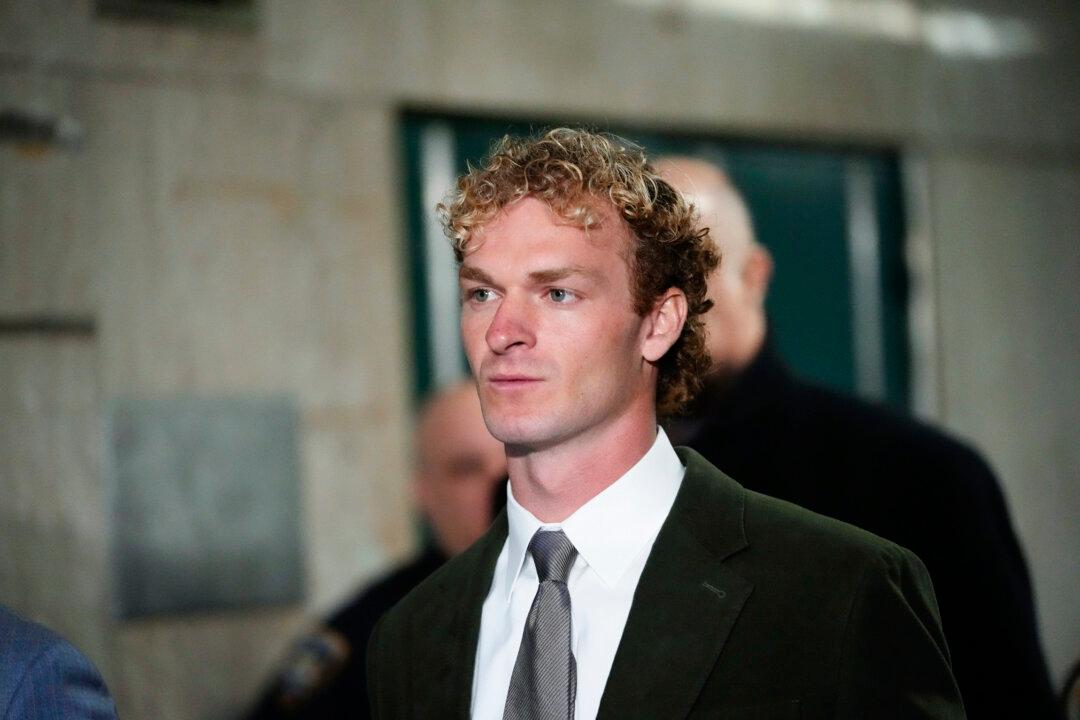NEW YORK CITY—A judge on Dec. 6 dismissed the manslaughter charge against Daniel Penny after a jury could not reach a unanimous verdict on the count.
The jury must now continue deliberations on the second count of criminally negligent homicide. The jury had been deliberating since Tuesday on Penny’s trial over last year’s subway death of Jordan Neely.





